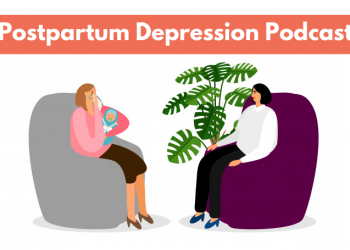Five reasons artificial sweeteners are bad for you
Artificial sweetener consumption may lead to the following conditions:
- increased weight gain
- increased fat deposition
- increased incidence of obesity
- increased cardiometabolic
- total mortality – they are slowly killing you!

But don’t let the image fool you. Artificial sweeteners are not limited to only drinks. They are found in thousands of products sold in the US from frozen dinner to yogurt. Read labels, and know your food!
The Research
Physiol Behav. 2016 Oct 1;164(Pt B):517-23. doi: 10.1016/j.physbeh.2016.04.047. Epub 2016 Apr 26.
Low-calorie sweetener use and energy balance: Results from experimental studies in animals, and large-scale prospective studies in humans.
Abstract
For more than a decade, pioneering animal studies conducted by investigators at Purdue University have provided evidence to support a central thesis: that the uncoupling of sweet taste and caloric intake by low-calorie sweeteners (LCS) can disrupt an animal’s ability to predict the metabolic consequences of sweet taste, and thereby impair the animal’s ability to respond appropriately to sweet-tasting foods. These investigators’ work has been replicated and extended internationally. There now exists a body of evidence, from a number of investigators, that animals chronically exposed to any of a range of LCSs – including saccharin, sucralose, acesulfame potassium, aspartame, or the combination of erythritol+aspartame – have exhibited one or more of the following conditions: increased food consumption, lower post-prandial thermogenesis, increased weight gain, greater percent body fat, decreased GLP-1 release during glucose tolerance testing, and significantly greater fasting glucose, glucose area under the curve during glucose tolerance testing, and hyperinsulinemia, compared with animals exposed to plain water or – in many cases – even to calorically-sweetened foods or liquids. Adverse impacts of LCS have appeared diminished in animals on dietary restriction, but were pronounced among males, animals genetically predisposed to obesity, and animals with diet-induced obesity. Impacts have been especially striking in animals on high-energy diets: diets high in fats and sugars, and diets which resemble a highly-processed ‘Western’ diet, including trans-fatty acids and monosodium glutamate. These studies have offered both support for, and biologically plausible mechanisms to explain, the results from a series of large-scale, long-term prospective observational studies conducted in humans, in which longitudinal increases in weight, abdominal adiposity, and incidence of overweight and obesity have been observed among study participants who reported using diet sodas and other LCS-sweetened beverages daily or more often at baseline. Furthermore, frequent use of diet beverages has been associated prospectively with increased long-term risk and/or hazard of a number of cardiometabolic conditions usually considered to be among the sequelae of obesity: hypertension, metabolic syndrome, diabetes, depression, kidney dysfunction, heart attack, stroke, and even cardiovascular and total mortality. Reverse causality does not appear to explain fully the increased risk observed across all of these studies, the majority of which have included key potential confounders as covariates. These have included body mass index or waist circumference at baseline; total caloric intake and specific macronutrient intake; physical activity; smoking; demographic and other relevant risk factors; and/or family history of disease. Whether non-LCS ingredients in diet beverages might have independently increased the weight gain and/or cardiometabolic risk observed among frequent consumers of LCS-sweetened beverages deserves further exploration. In the meantime, however, there is a striking congruence between results from animal research and a number of large-scale, long-term observational studies in humans, in finding significantly increased weight gain, adiposity, incidence of obesity, cardiometabolic risk, and even total mortality among individuals with chronic, daily exposure to low-calorie sweeteners – and these results are troubling.











